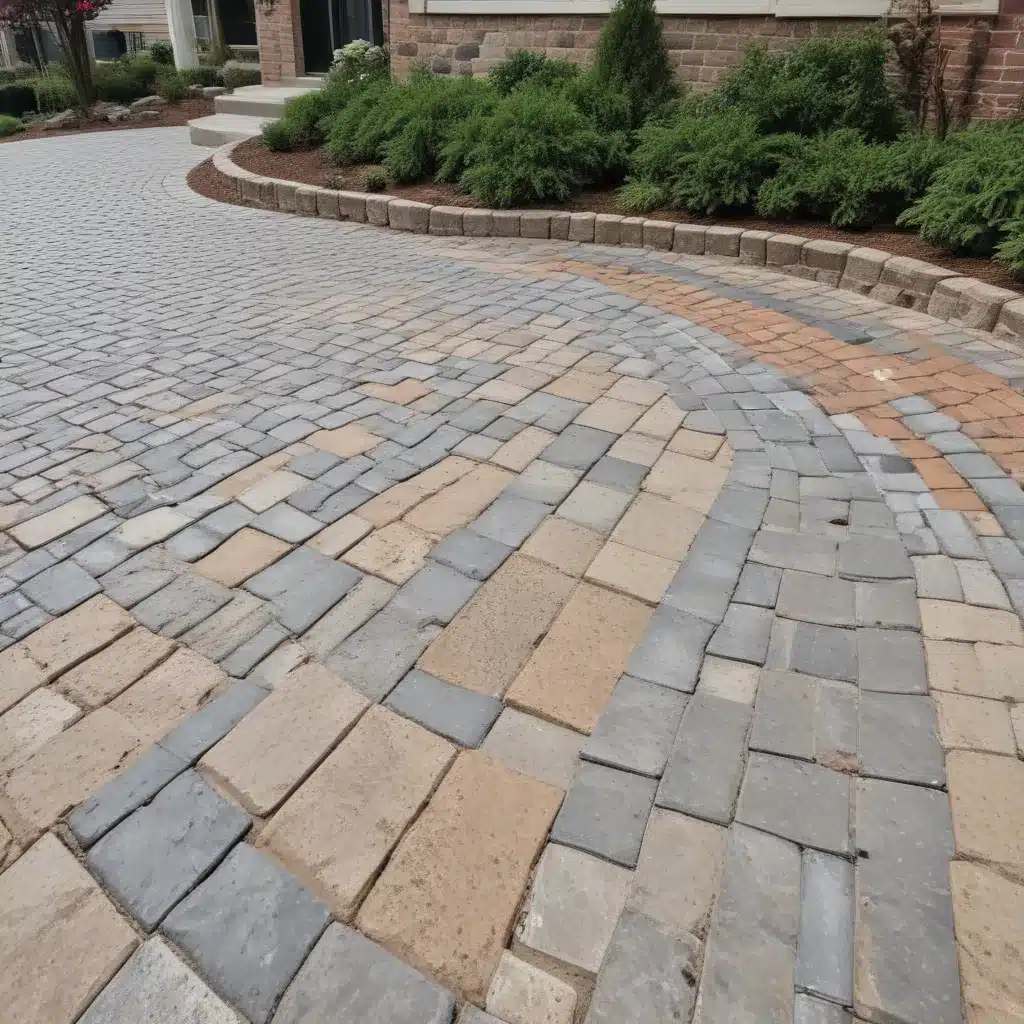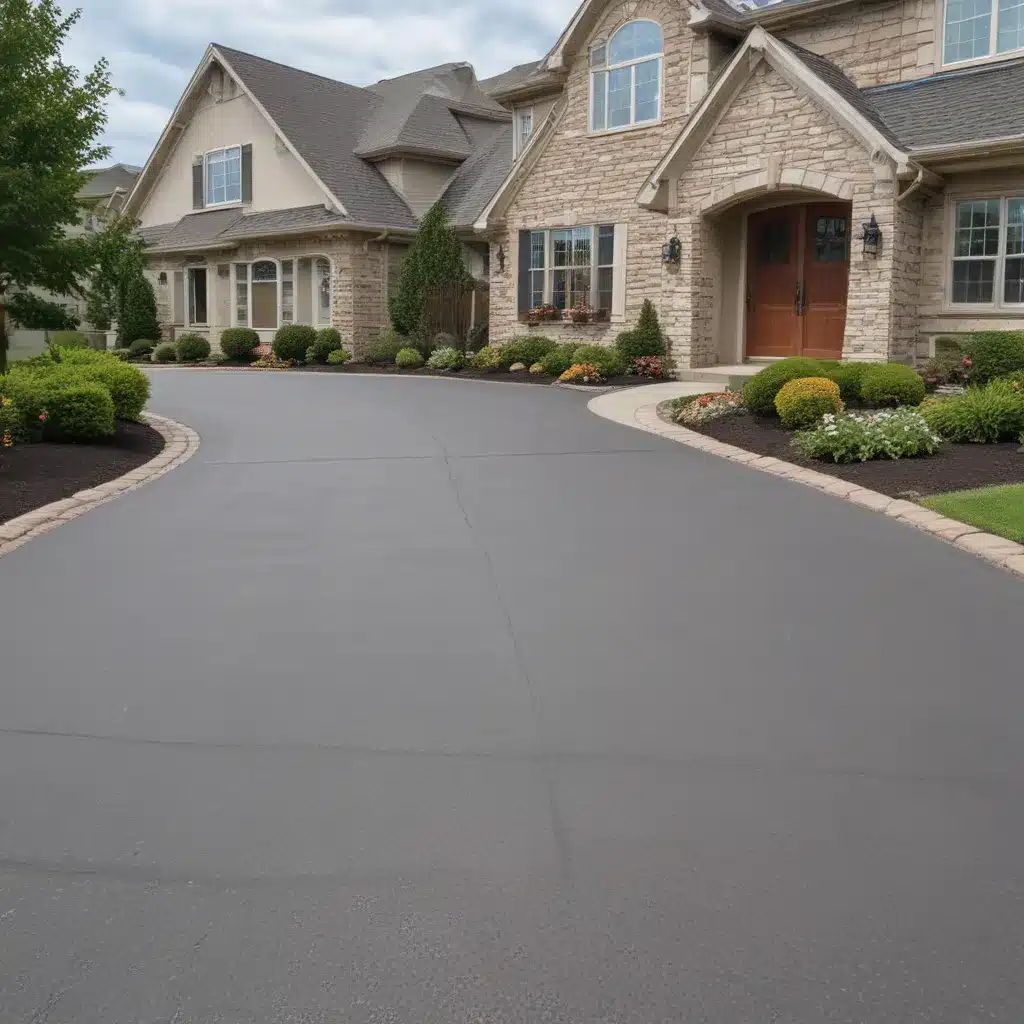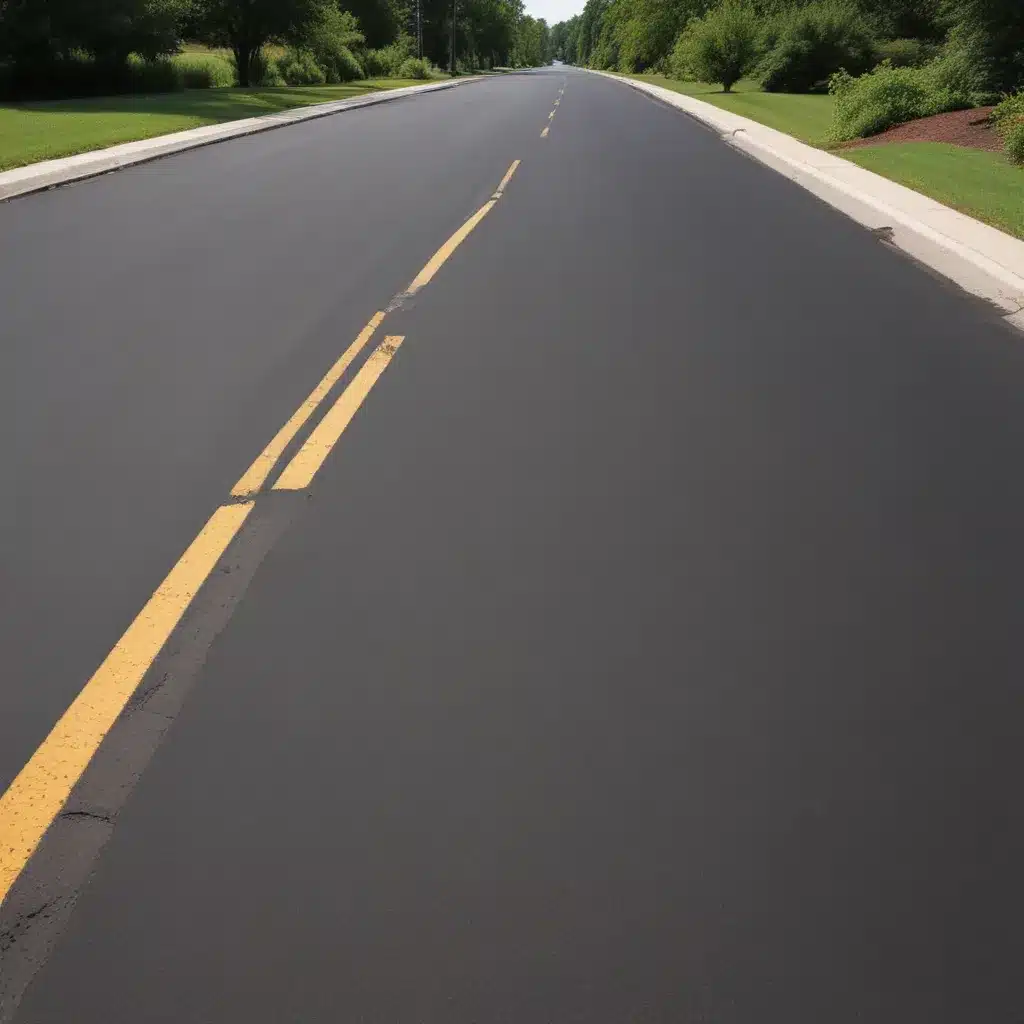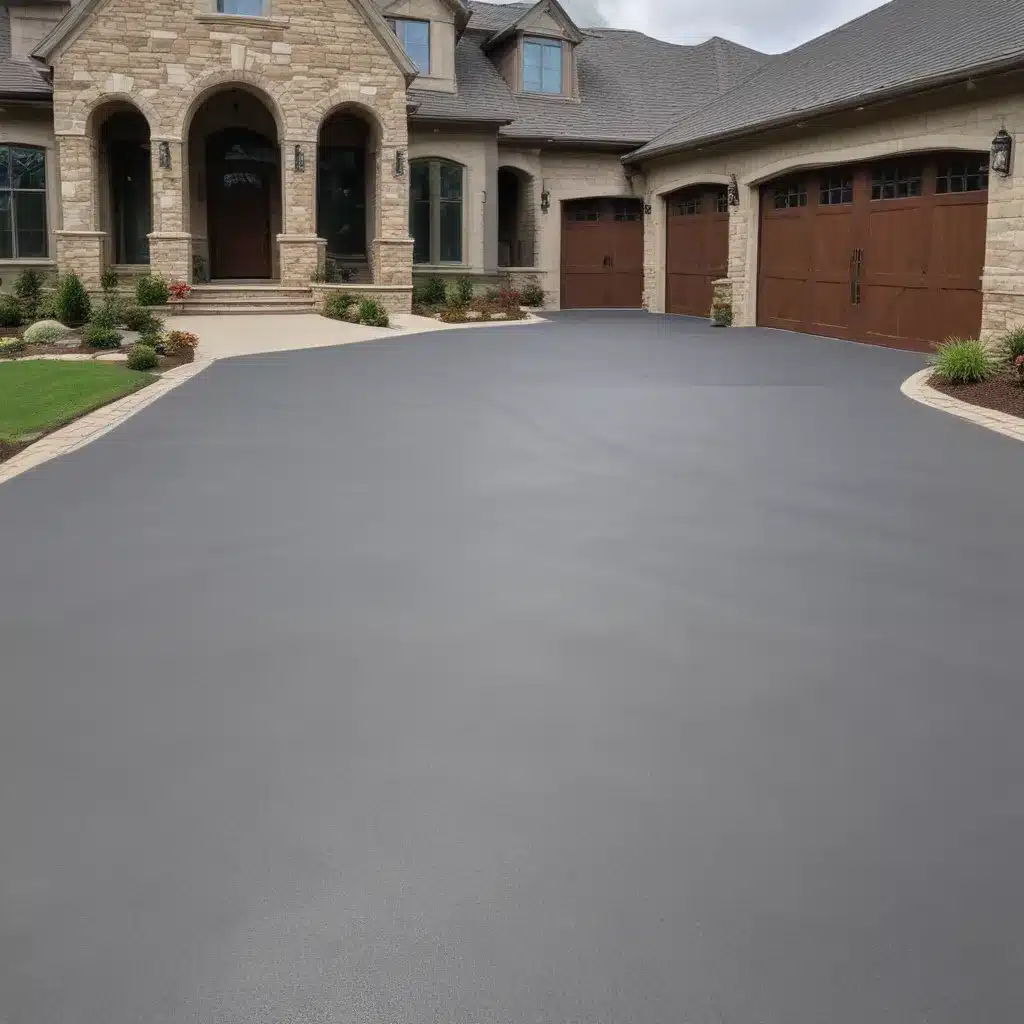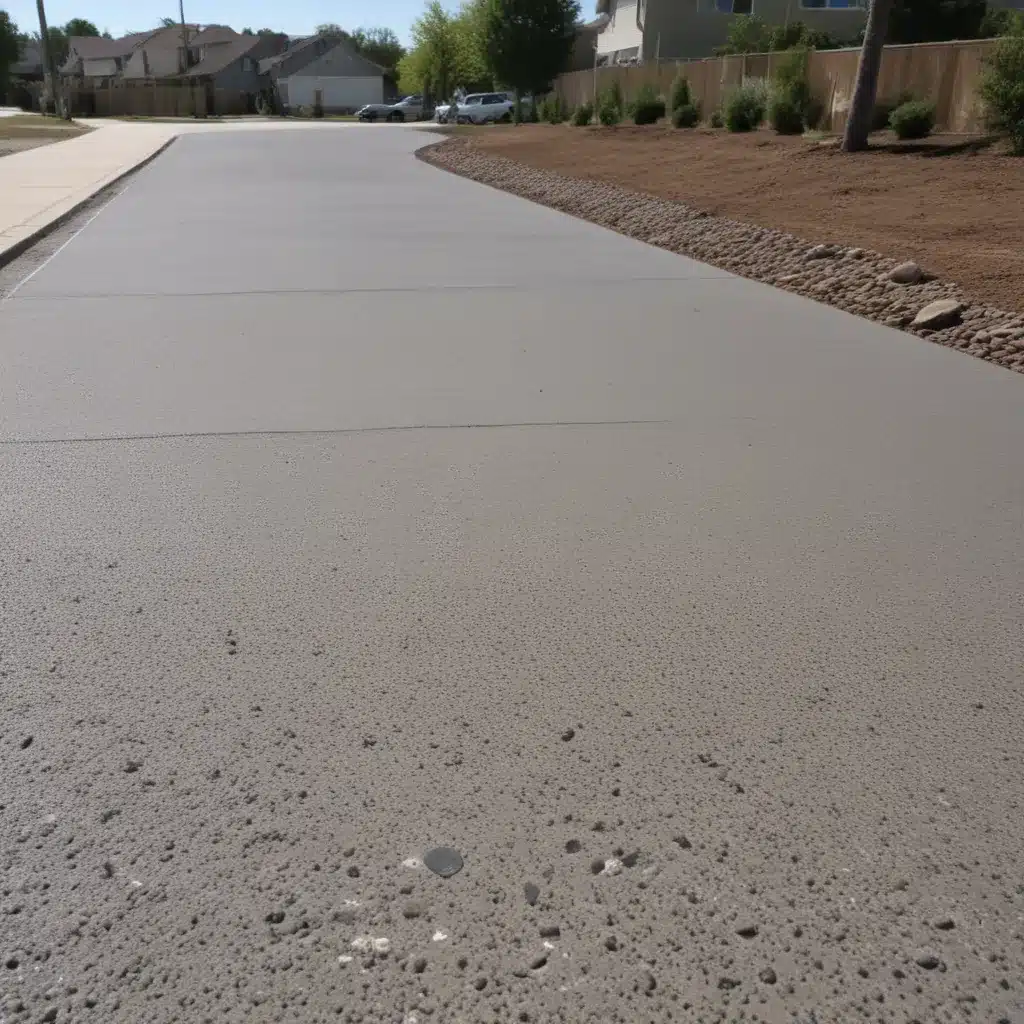The Permeable Paving Revolution
I remember when I first learned about permeable pavers – it was a bit of a lightbulb moment. As someone who’s always been passionate about the environment, the idea of a driveway that could actually help the planet rather than harm it just clicked. And let me tell you, once I started looking into it, I was sold.
Permeable pavers are essentially paving stones with gaps or holes in them, which allow water to seep through into the ground beneath. This might seem like a small thing, but it makes a huge difference when it comes to the environmental impact of your driveway. Traditional solid pavement doesn’t allow any water to penetrate the surface, which means it all has to run off – often causing flooding, erosion, and pollution as it picks up all sorts of nasty chemicals and debris along the way.
The Environmental Benefits of Permeable Pavers
But with permeable pavers, that water can soak directly into the ground, recharging aquifers and preventing all those issues. Not only that, but the porous surface also helps to trap pollutants and filter the water before it reaches the water table. It’s like having a natural water treatment plant right in your own driveway!
And the benefits don’t stop there. Permeable paving also helps to reduce the Urban Heat Island effect – that phenomenon where built-up urban areas tend to be significantly hotter than the surrounding countryside. The gaps in the pavers allow for better air circulation and evaporation, keeping things cooler. Plus, they’re made from more sustainable materials than traditional concrete or asphalt, with a lower carbon footprint.
Permeable Pavers: The Cost Advantage
But what really sold me on permeable pavers was the cost savings. Sure, the initial installation might be a bit pricier than a standard driveway. But over time, you end up saving a ton of money. There’s no need for expensive drainage systems or storm water management, for a start. And the porous surface means less water pooling and ice buildup in the winter, reducing the need for regular maintenance and repairs.
In fact, when I was doing the sums, I realised that a permeable driveway would actually pay for itself within just a few years, when you factor in all those ongoing savings. And that’s before you even consider the boost it gives to your home’s curb appeal and property value. Not bad for a simple paving choice, eh?
Choosing the Right Permeable Pavers
Of course, not all permeable pavers are created equal. There are a few different types, each with their own pros and cons. Resin-bound gravel is a popular option, as it’s highly porous and comes in a wide range of colours and finishes. Porous paving blocks are another great choice, with a more traditional look. And if you really want to go the extra mile, there are even permeable concrete pavers available.
The key is to work with a reputable contractor who can assess your needs and recommend the best solution. They’ll be able to advise on things like the right base preparation, the ideal pavement gradient, and the most suitable paver type for your driveway. After all, you want to make sure you get the maximum benefits in terms of water drainage, durability, and aesthetic appeal.
Making the Switch to Permeable Pavers
So if you’re looking to upgrade your driveway, I’d highly recommend taking a serious look at permeable pavers. Not only are they better for the environment, but they can actually save you money in the long run. And let’s be honest, who doesn’t love the idea of a driveway that’s doing its bit to save the planet?
Of course, I know the idea of ripping up your old driveway can seem a bit daunting. But trust me, it’s worth it. And the team at Driveways Warrington will be there to guide you through the whole process, from initial consultation to final installation. They’ve got years of experience working with permeable paving solutions, and they’re absolute experts at making sure you get the best results.
So why not get in touch and see how they can transform your driveway into an eco-friendly, cost-effective oasis? It might just be the best decision you ever make for your home – and the planet.

